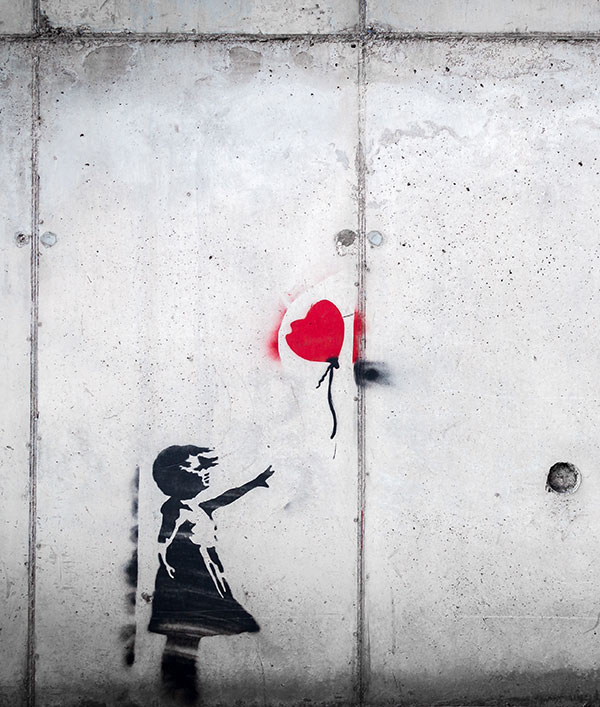A significant break-up or divorce is filled with substantial loss and grief. You lose your partner, your identity as a couple, having a two-parent household, income, family members, and perhaps even friends. You find yourself not only grieving the loss of your relationship but also the picture or dream of what you thought your life was going to look like.
After my divorce, I attended a divorce support group where I witnessed a wide range of grief. As the attendees progressed through their separation and divorces, they entered the different phases of grief. The five stages of grief that were first proposed by Elisabeth Kübler-Ross in her 1969 book On Death and Dying are Denial and isolation; Anger; Bargaining; Depression; & Acceptance. Grieving people do not necessarily experience all of them nor do they go through these stages in the same order.
What was apparent was that the women in the group had an easier time expressing sadness and guilt and the men had an easier time expressing their anger. Unfortunately, the men’s anger often felt triggering for the women in the group as it reminded them of anger or rage they saw displayed by their exes. Some of the participants had been divorced for many years but were still stuck in their grief and unable to move forward. Witnessing their pain strengthened my own resolve to face my grief head on.
Getting Stuck
Grief is an opportunity to process your loss and the feelings that accompany it. But it’s so damn painful, we often do just about anything to avoid confronting it. Alcohol, excessive screen time, and dating too soon are all common ways people avoid this pain and numb out. So what happens when you avoid your pain instead of facing it? Avoiding divorce grief can lead to depression and can also get you stuck in the bargaining phase. You’ve probably seen a friend or family member get stuck there. I ended a relationship with a man for this very reason. He incessantly talked about how his ex-girlfriend and ex-wife disappointed him and was obsessed with their behavior instead of processing his feelings of loss. It kept him stuck in the past and he missed out on what his current relationship could offer him.

Common Areas of Divorce Grief
You cannot grieve what you cannot name. I truly believe that in order to fully grieve, you must understand what you’ve lost. Take a look below at some of the common themes or areas of divorce grief to help you identify your losses.
Your Partner
While you may feel a level of indifference or loathing towards your ex, not everyone feels that way. Maybe you miss somethings about your ex - their companionship, their humor, their willingness to fix things around the house, etc.
Your Lifestyle
No longer having a partner at home to help with the kids, finances and household responsibilities can feel like a huge loss. Suddenly there is so much to do and no one to delegate the responsibilities to. Maybe you also had to move or leave behind your neighbors.
Your Identity
Society smiles happily on couples but isn't always so nice to singles. Having that couple identity can make you feel safe and socially acceptable. The loss of being part of a couple may drive you into a new relationship too quickly.
Relationships
You may be grieving the loss of friends or in-laws after a divorce. Some people take sides when their friends get divorced and sometimes once-friendly in-laws can turn nasty. This may take you completely by surprise and compounds the feelings of all the other losses.
Moving through the Pain
Now that you have a better understanding of what you must grieve, take some time to journal or talk with a trusted friend or therapist. If you need extra support, hire a divorce coach to talk through your feelings and move you forward. Sometimes people get stuck in their own story, and are unable to move past what happened to them, especially if they were left. This can be compounded by a lack of trust in both other people and themselves. The light and the end of the tunnel, or acceptance of the loss, can feel a long way off but I promise you the only way to move on with your life, is through the pain, not around it or over it. Try not to put a timeline on your grief – and don’t let others impose their timeline on you either. Your journey is your own, and this should be honored and respected.
Having trouble naming your divorce loss or find your self getting stuck in your story? Contact me and together we will get you moving through your grief.







